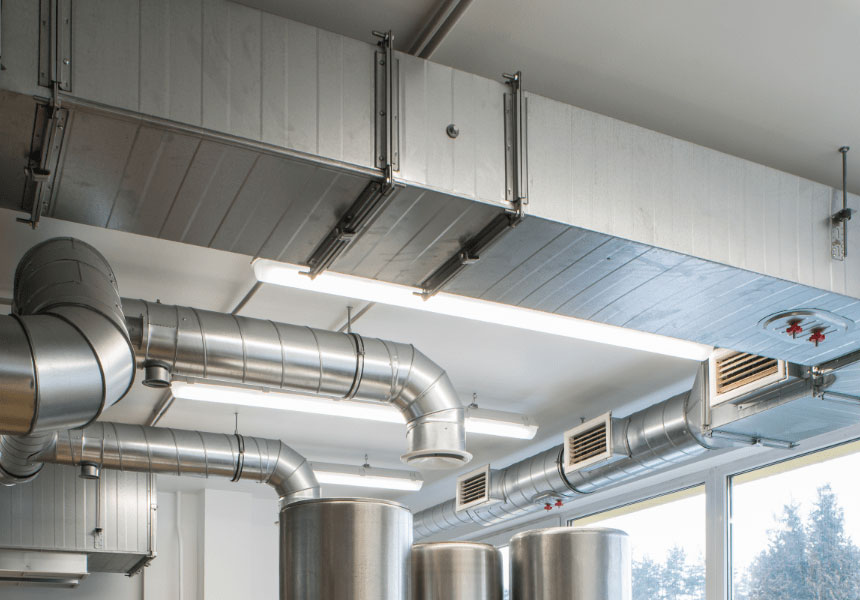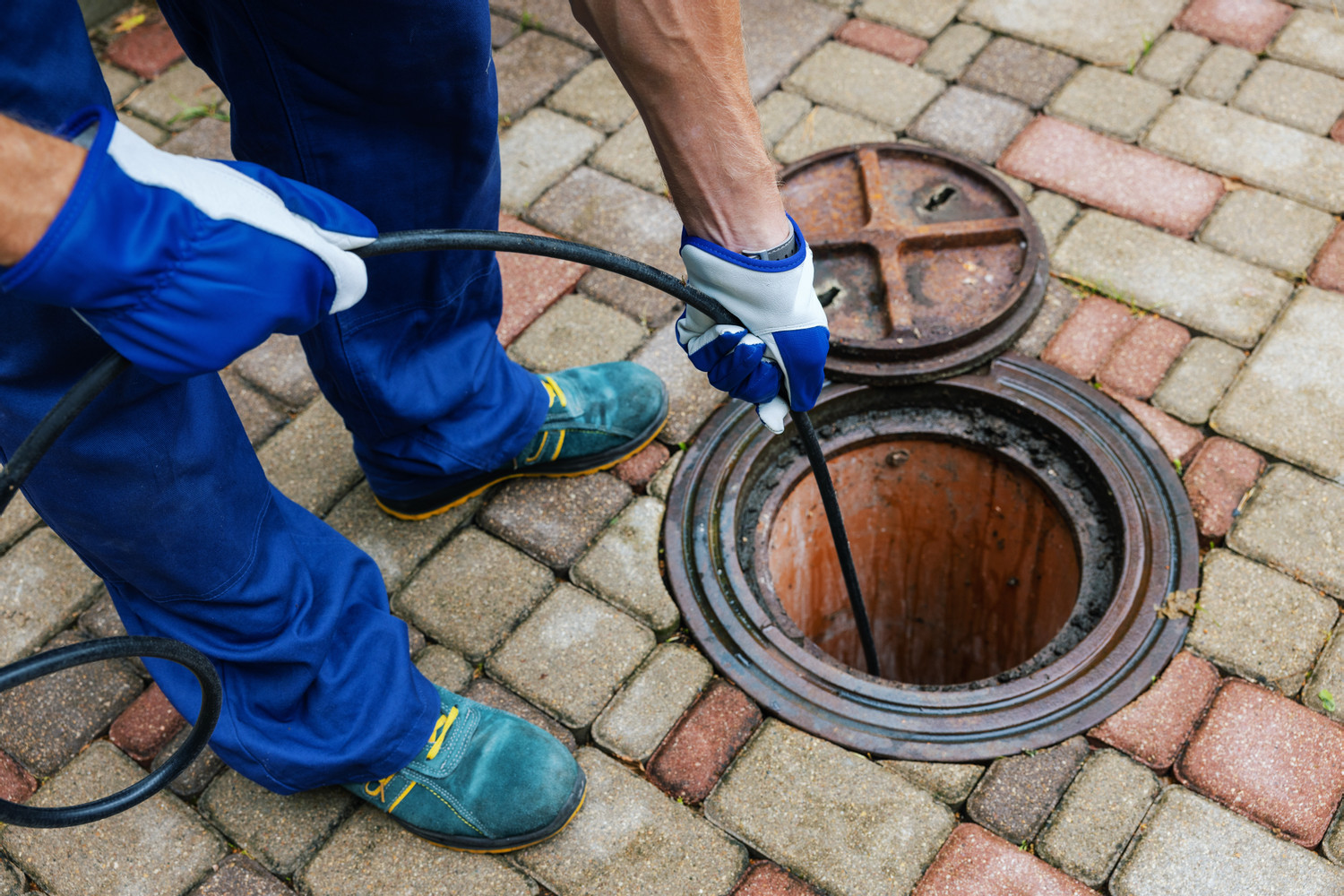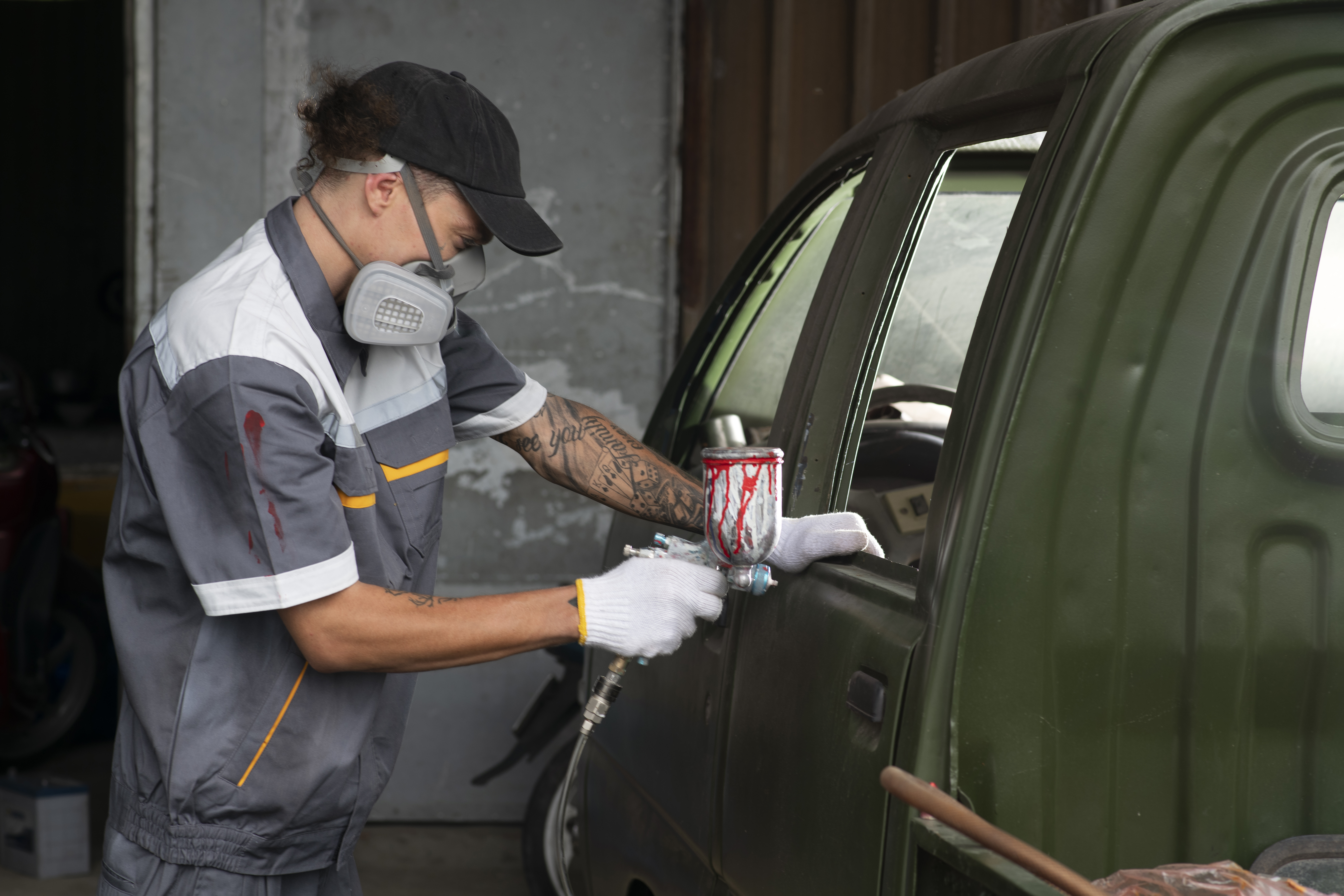Making The Most Of Your Ducted Gas Heating System: An Essential Guide
Has the winter chill set in, and you're realising your heating system not working quite as efficiently as it should? Are your heating bills astronomical, leaving you to question the efficiency of your ducted gas heating system? Or maybe, despite constant tinkering, you're feeling as though your home isn't quite reaching the right temperature level? If you're encountering any of these issues, keep reading. This blog is here to guide you through the process of maintaining and optimising your ducted gas heating system for maximum efficiency. We will explore why proper maintenance is required, what steps need to be taken, and how you can enjoy a comfortably warm home without burning holes in your pocket.
Why Proper Maintenance and Optimisation is Crucial
There are numerous reasons why regular maintenance and optimisation of your ducted gas heating system should be at the top of your home improvement list. The first and foremost is the impact on the performance of the system itself. If neglected, the system's efficiency could dramatically decrease, leading to higher energy consumption and escalating bills. Secondly, proper upkeep can extend the lifespan of the unit, saving you from premature replacement costs. Finally, a well-maintained heating system can hugely contribute to the overall comfort of your home, creating a more pleasant and enjoyable environment for you and your family.
Key Factors Affecting Efficiency
A lot of elements come into play when the efficiency of a ducted gas heating system is involved. The age of the system, the design of your house, the state of your ductwork, and how well your house is insulated can all impact your heating unit’s efficiency. Understanding these factors and acting upon them accordingly could significantly improve your system's performance.
The Need for a Professional Inspection
While some aspects of maintenance can be performed by homeowners themselves, others require the professional touch. A well-trained technician can deep clean your duct work and check the functionality of your system. This proactive approach can prevent minor problems from turning into expensive repairs.
Boosting Efficiency: Practical Steps
Improving the efficiency of your ducted gas heating system isn't rocket science. Practical steps, such as sealing and insulating your ducts, programming your thermostat or adding zoning to your system, can boost your system's performance, enhancing its output and, most importantly, helping reduce heating costs.
The Pros and Cons of Heating System Maintenance
Maintenance is not only about benefits. There are also some potential downsides to consider. However, when compared to the advantages that it brings, such as improved comfort level and cost savings, the disadvantages seem minimal.
Do-it-Yourself vs. Hiring Professionals
Both DIY maintenance and professional servicing have their pros and cons. While DIY can save you some money in the short term, if not done properly, it might lead to bigger problems down the line, which may prove costly, both financially and safety-wise. On the other hand, professional maintenance may seem more expensive initially, but it guarantees a job well done, potentially saving you more in the long run.
In Conclusion
To maintain a warm and cosy home during the bone-chilling winters, optimising your ducted gas heating system's efficiency should be a priority. Remember that the initial investment in maintenance will eventually result in considerable energy and cost savings. Further, circumstances can dictate the need for professional intervention for optimised performance. Although regular maintenance requires effort, and sometimes money, it's certainly worthwhile for the sheer comfort it brings to your home environment. The choice between DIY or professional services should be made after careful consideration given your home's specifics and the complexity of the heating unit. Ultimately, the goal is the same - to provide you with a warm and comfortable dwelling during those icy-cold months.









